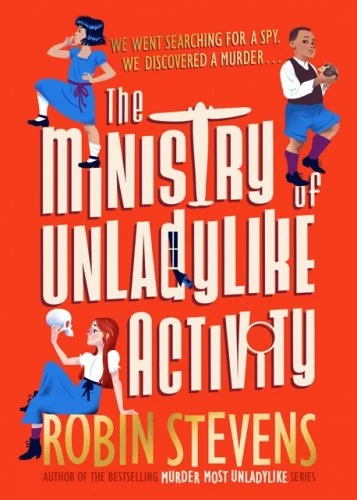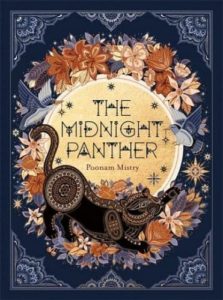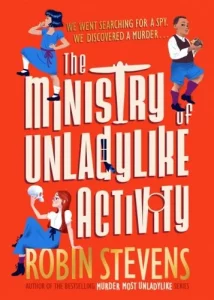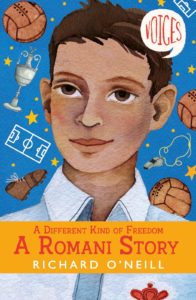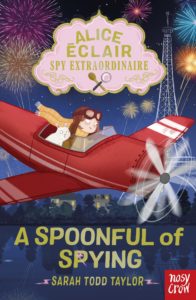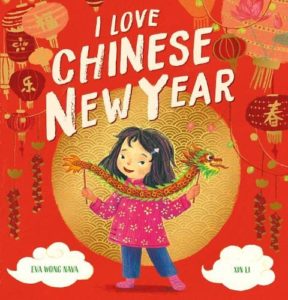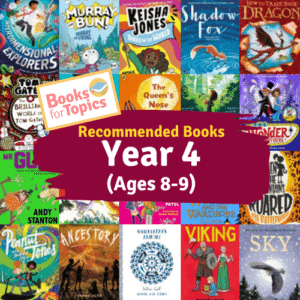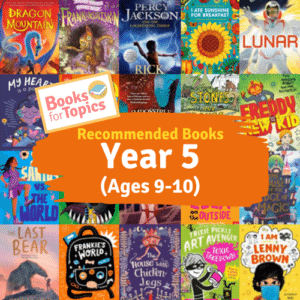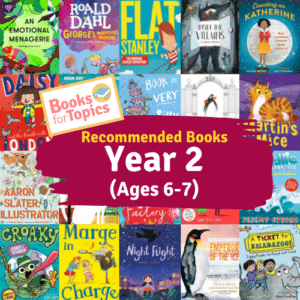The Ministry of Unladylike Activity’ is the first in a new follow-on series from Robin Stevens’ superb ‘Murder Most Unladylike’ series, and, from the evidence of this first adventure, it is going to give us a thrilling, page-turning and well-loved a ride as the original. While the protagonists from Murder Most Unladylike, Daisy and Hazel, make some lovely cameo appearances, we have moved on in time to 1940 and Hazel’s youngest sister, May Wong, has come to the fore – and is the focus of just as much mystery, mischievousness and mayhem.
At the start of our story, May has been packed off to Deepdean School from Hong Kong due to the war, but this young firebrand won’t settle for safety – she wants to become a spy, fight the Nazis and find a bit of excitement. Pretty soon she has absconded from school, made a new friend, Eric, masqueraded as an evacuee, and been sent to Elysium Hall, from where someone is sending information to Berlin….
Soon the scene is set for a classic country house mystery, with a vicious murder and a cast of possible suspects. Sidney Foley, scion of the Verey family, is dead and not everyone seems as upset as they should be. Too many people are lying, everyone seems to have a motive, and the children seem to be uncovering more mysteries than they solve. Who has been living in the old abandoned cottage? Why does the maid have a bundle of stolen trinkets? Is dead Uncle Leonard’s ghost really haunting the house? What has happened to Uncle Hugh’s missing ‘important papers’? And, of course, who is the spy?!
Robin Stevens is possibly the only children’s author working today who can keep all of these plates spinning so expertly with the lightest of touches.
The rollicking adventure plot, the large cast and the multiple storylines and red herrings never overshadow each other. There is a very satisfying denouement, a perfect ‘ah ha!’ moment, with just the right amount of clues along the way, and all of the secondary plot lines are also tied up satisfyingly.
There is also a huge amount of historical information linked to World War 2. Some of this is obvious (evacuees, rationing etc.) but any teachers using the book in class should start by reading the excellent ‘Author’s Note’ at the end. This explains many important but potentially little-known facts that are mentioned in the story (limits on refugee numbers, British internment of German/Austrian men and boys, Irish neutrality etc.)
In summary, The Ministry of Unladylike Activity is about as perfect a page-turner as a reader could ever hope for.








